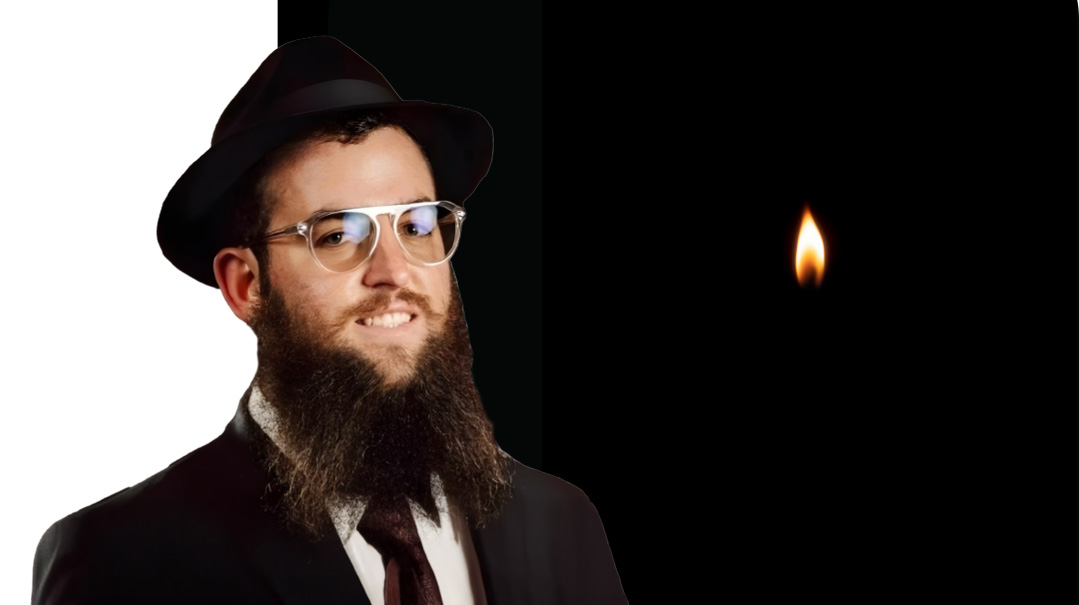Worst Fears Confirmed

The abduction and murder of Chabad shaliach Zvi Kogan Hy”d in the UAE has opened a slew of unanswered questions

Photos: Family archives
The abduction and murder of Chabad shaliach Zvi Kogan Hy”d in the UAE has opened a slew of unanswered questions: Who was behind the murder – was it Iran, or a more localized Islamic Jihad? Why does there seem to be a gag order on all sides? And, what does this mean for Jews visiting the Gulf states or anywhere in the Middle East, and for the Chabad shluchim in every remote corner of the world, the most visible Jews of all?
IT was a shocking murder that shook the Jewish world — and then silence.
On Motzaei Shabbos last week, news broke that Rabbi Zvi Kogan, the deputy Chabad shaliach to the United Arab Emirates, hadn’t been seen since Thursday, and there was a suspicion that he’d been kidnapped.
By Sunday, the worst fears were confirmed. The Israeli-born Rabbi Kogan, 28, had been abducted and killed by three Uzbeki nationals in what Israel described as an “anti-Semitic terror incident.” The three allegedly followed Kogan from his workplace, the kosher supermarket in Dubai, and then escaped to another country afterward. Kogan’s vehicle was found an hour and a half’s distance from Dubai.
Suspicion immediately fell on the UAE’s neighbor Iran, which has a history of targeting Israelis abroad. But in the aftermath of the murder, there was almost total silence from all sides about what had happened in the country. Besides announcing the arrest of three suspects, Emirate officials weren’t talking. In a sign of the sensitive nature of Jewish and Israeli life in the Gulf, even in the post-2020 Abraham Accords era, both representatives of Chabad and Israeli officials declined to respond.
Days after the murder, much is still unclear about the event itself, and whether it’s part of an Iranian campaign to hit “soft” Jewish targets abroad, given that Israel itself is well-defended; or whether the implication of Islamic Jihad and/or Hamas, as opposed to Iran, is accurate or perhaps a red herring. Furthermore, the three suspects in the murder were not arrested in the United Arab Emirates, where the murder took place. The operation to find and arrest them involved many security agencies, spread across several countries.
There are also questions as to whether the UAE — supposedly a safe place for Jews — is indeed as safe as advertised. Before the attack, Israel’s National Security Council had warned against nonessential travel to the country. And in the year since October 7, the local Jewish community has been forced to lower its profile, returning to davening in private houses instead of in a central synagogue, with many Jews refraining from wearing yarmulkes in public.
But as the questions around the murder swirl, it’s clear that for shaken Chabad emissaries worldwide, there’s a new sense of unease. There’s also a sense that if such an attack could take place in the UAE — ranked as one of the world’s safest countries — then Jews everywhere could be a target.
Oops! We could not locate your form.







